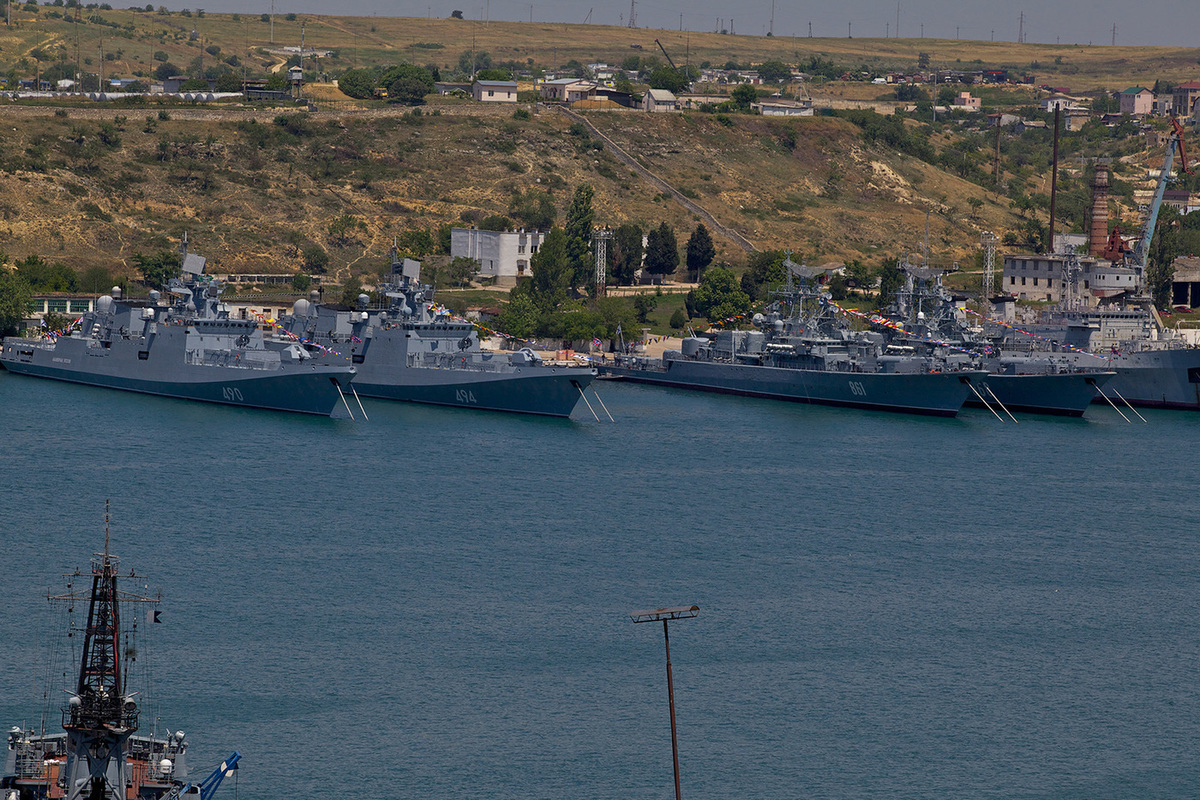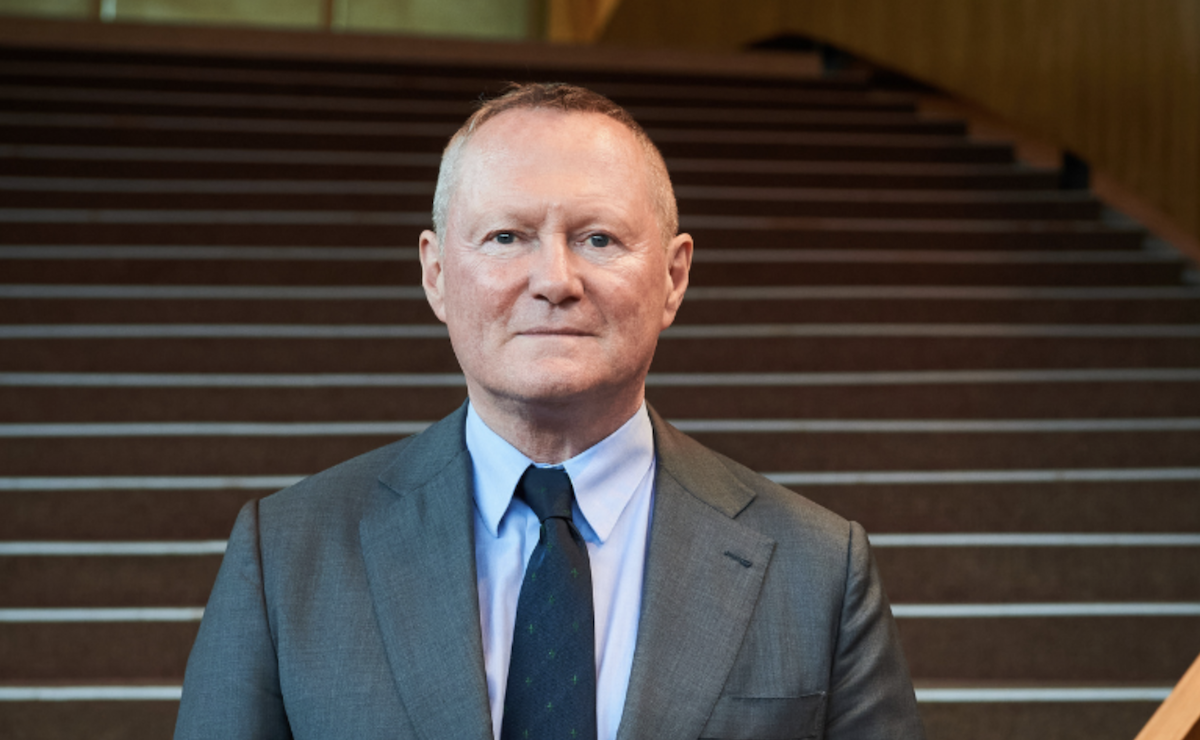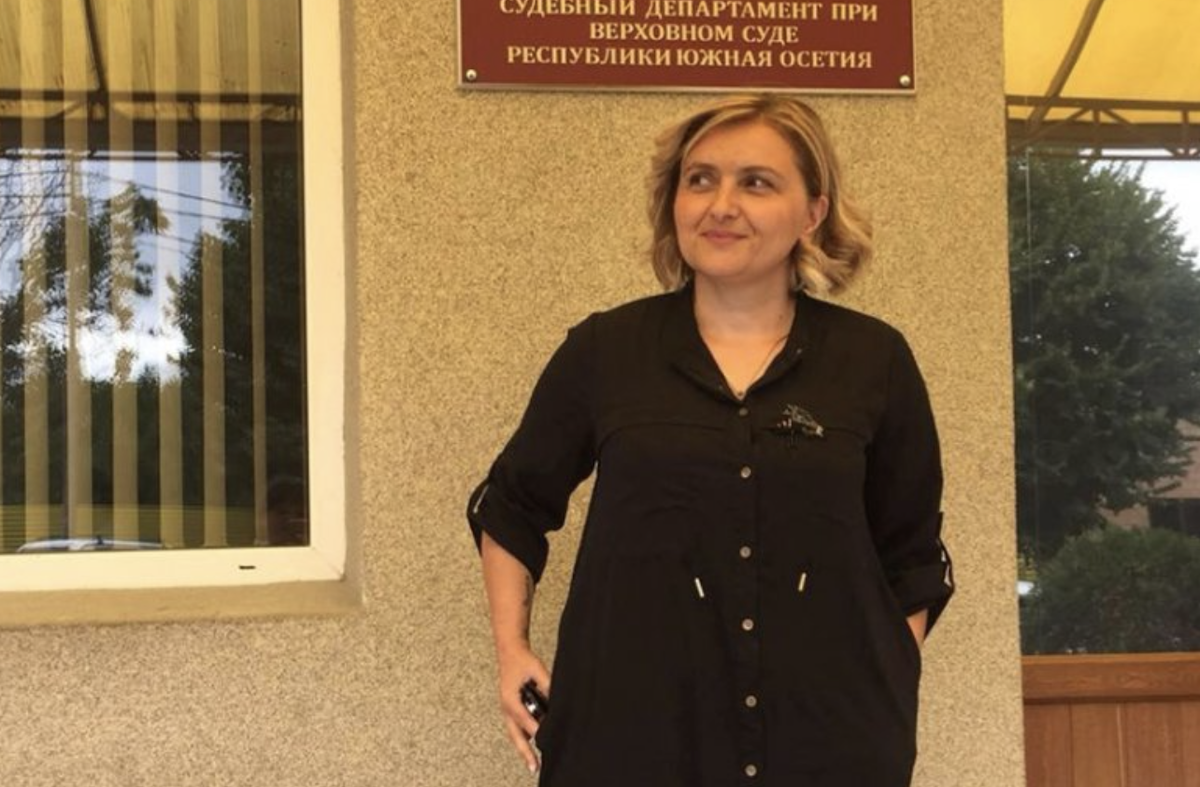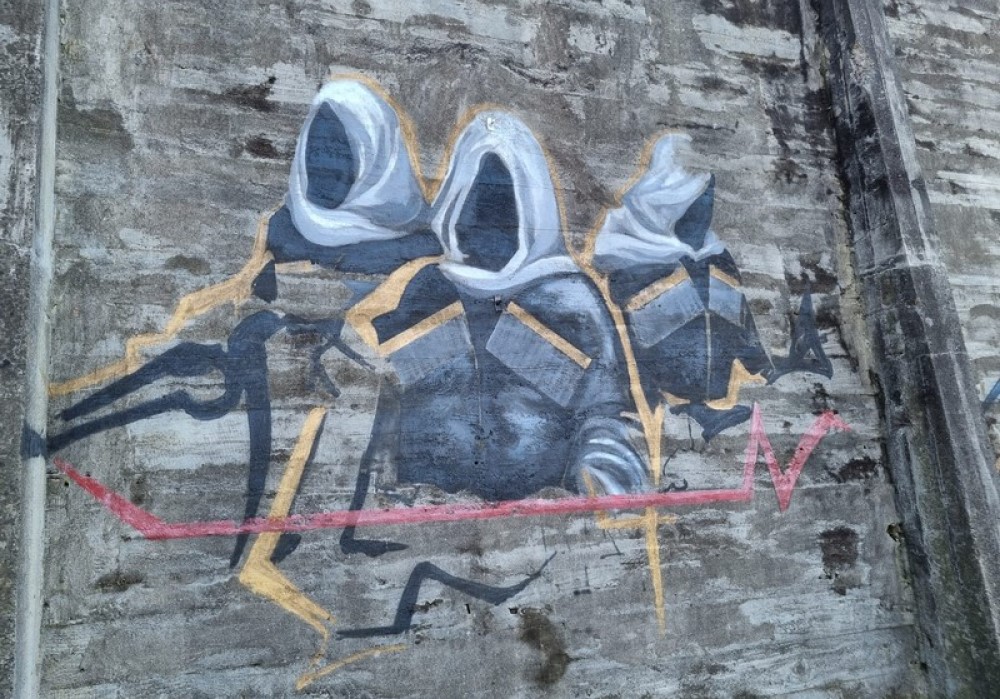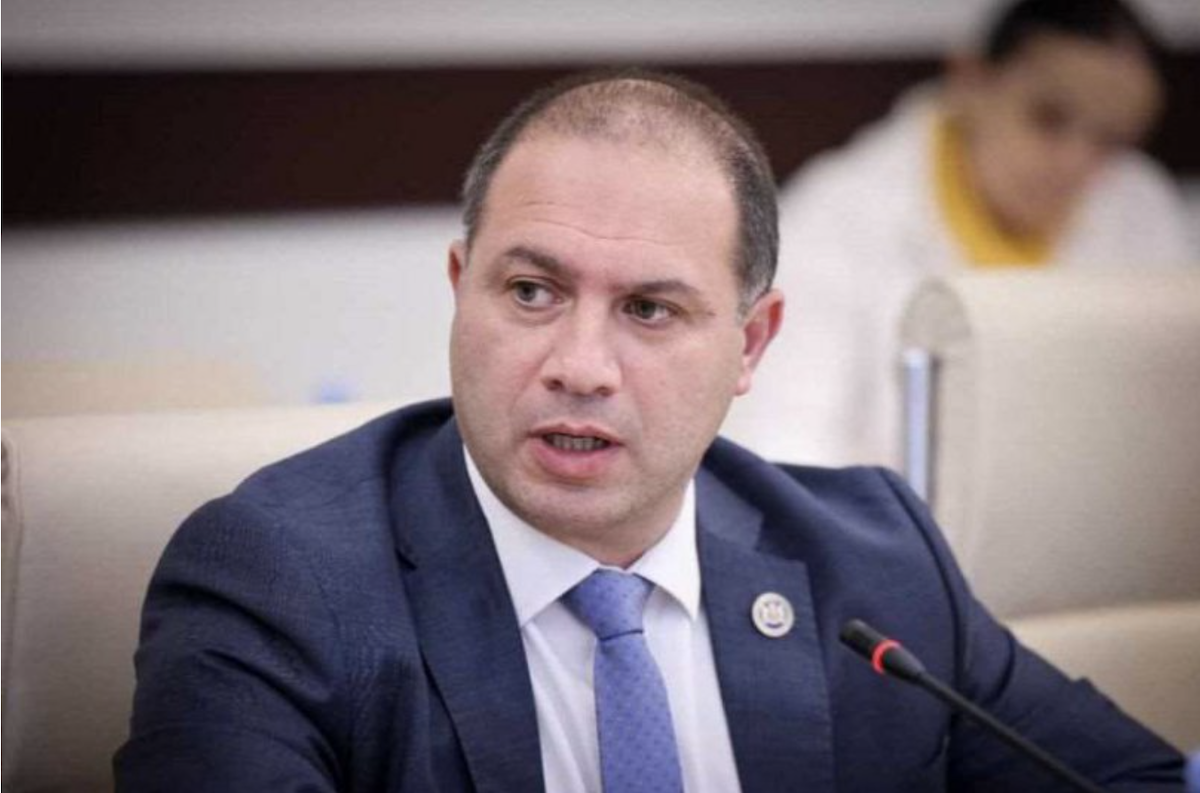"Abkhazian trap": stories of Ukrainian citizens who became stateless after the ban imposed by Russia
Ukrainian citizens in Abkhazia
On October 16, 2023, a decree of the Russian Cabinet of Ministers came into force restricting Ukrainian citizens over the age of 14 from entering the Russian Federation from third countries. This has put Ukrainians temporarily or permanently residing in Abkhazia in a difficult spot. According to official data at the moment, there are about 400 such people. It is impossible for them to leave Abkhazia in any other way but through Russia.
- It has become more difficult for Ukrainian citizens living in Abkhazia to go back to Ukraine
- “The world denies our existence”. How Abkhazia’s young people are doing after EU sanctions
- Dual citizenship in Abkhazia: not a luxury, but a means of transportation
“They asked if anyone they knew was fighting for Ukraine”
Marina K. moved to Sukhum from Luhansk in 2012, got married and got a job. The last time she traveled to Luhansk was in 2013 – she sold her parents’ house and registered at a friend’s house, just to have some kind of residency.
During this time, if it was necessary to go abroad – for work or on vacation – Marina crossed the Russian border on her Ukrainian passport.
“After 2014, the rules became stricter. Once the Russian border guards took my fingerprints, photographed me, put me in their database, and every time I crossed the border they took me to a separate room for a “conversation”. They asked me where I was going, for what purpose, where I lived, when I had last left the country, etc. The same questions were asked by people in civilian clothes at the airport,” Marina says.
At some point the rules changed, and along with the passport, at the border checkpoint you had to show your internal passport, where your residence was indicated.
After the war in Ukraine began in February 2022, it got even worse.
“The last time I came back from Turkey, I was delayed at the airport for almost an hour. There were only seven people with Ukrainian passports on the flight, and there built special booths for interrogation. In addition to the standard questionnaire data, they asked me when I had been to Ukraine for the last time, whether my relatives were still there, whether any of my acquaintances were fighting for Ukraine. And in the end he asked for a phone, entered some code and wrote down the number, most likely IMEI. Of course, all this is quite humiliating and unpleasant, but there is a war going on, they are probably afraid of saboteurs and all that.”
This episode took place in the spring of 2023. In the summer, the rules were tightened even further. And now, since October 16, the exit has been closed completely. For Marina it was not a complete surprise, but it made life more difficult:
“They probably think that they gave enough time for those who wanted to get Russian passports. But for this you have to go to Luhansk, and my life is here. I could get an Abkhazian passport, but I cannot go abroad with it either, only to Russia, and there is no reason for me to go there. If it was possible to get a Russian passport without leaving Abkhazia, I would probably do so, but it seems that there is no such opportunity.
The Russian Embassy in Abkhazia reports that “the issuance of permits to leave Abkhazia for Russia in order to return home to citizens of Ukraine is not provided for, the reception of applications for registration of Russian citizenship to citizens of Ukraine permanently residing on the territory of Abkhazia is not regulated.”
“You have to go to Donetsk for a Russian passport, but how can you go if they won’t let you out?”
According to information from the migration service, since 2014, 1,517 Ukrainian citizens have received work permits in Abkhazia, and 70 since February 2022. Most of them are people from Luhansk or Donetsk regions. But official figures do not reflect the real situation, as many work in Abkhazia without permits.
Vladimir M. moved to Abkhazia from Donetsk in 2015, a year and a half after the hostilities. He was fleeing not from shelling, but from unemployment. Donetsk residents do not need a visa in Abkhazia, and Vladimir did not apply for a work permit either. He got a job in a furniture shop, and two weeks later he moved his wife and daughter there.
“During this time I traveled to Donetsk several times, but I did not apply for a DNR or Russian passport. At first it was complicated and time-consuming, and I couldn’t leave work for long. And there was no particular need, they let me in anyway. In a year my Ukrainian passport will expire, and I will not be able to prolong it. I should probably get a Russian passport. But to do that I need to go to Donetsk, and how will I go there if they won’t let me out? If this ban is not lifted within a year, I don’t even know what I will do.
What awaits on the other side of the river?
Having considered the applications of citizens of Ukraine who want to leave Abkhazia, the State Security Service decided to open an alternative way for them and gave them the opportunity to “leave through the checkpoint “Ingur” (if they have all the necessary documents to cross the state border). This means that they can cross the checkpoint on the Ingur River in the zone of the Georgian-Abkhazian conflict (through which usually only citizens of Abkhazia are released), get to the Mingrelian region of Georgia, and then go wherever they want.
However, this option is available to Ukrainian citizens only “if there are humanitarian reasons”.
In addition, there is a possibility that by crossing the river they will be put on trial, as they once entered Abkhazia from Russia, and this contradicts the Georgian law “On Occupied Territories”. The first offense is qualified as administrative and is punishable by a fine of 400 GEL [about 150$]. And the repeated and subsequent ones are already classified as criminal offenses. In this case, both a fine and imprisonment for up to a year can be applied. But this is only in theory. How things will work out in practice is not known. There have been no precedents so far, and official Tbilisi has not made any statements in this regard.
Ukrainian citizens in Abkhazia
Toponyms, terminology, views and opinions expressed by the author are theirs alone and do not necessarily reflect the views and opinions of JAMnews or any employees thereof. JAMnews reserves the right to delete comments it considers to be offensive, inflammatory, threatening or otherwise unacceptable










